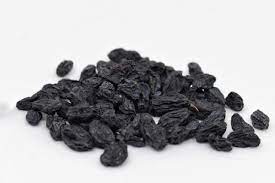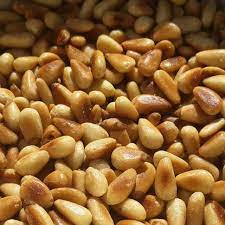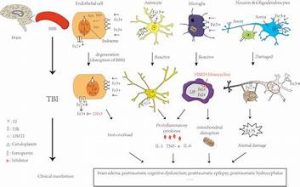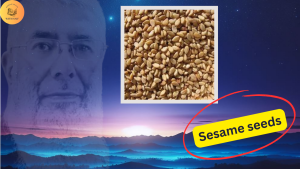Keywords: dried grapes, raisins, health benefits, nutrients, nutrition, healthy eating, snacking
Introduction:
Often overlooked as mere dried fruits, raisins, or dried grapes, are nutritional powerhouses packed with an array of health benefits and impressive nutrient content. These sweet treats are not just a delicious snack but also a valuable addition to a healthy diet.
Nutritional Composition:
A quarter-cup serving of raisins (approximately 40 grams) provides a concentrated source of nutrients, including:
-
Fiber: Raisins are an excellent source of dietary fiber, providing about 3 grams per quarter-cup serving. Fiber plays a crucial role in digestive health, blood sugar regulation, and satiety.
-
Potassium: Potassium is an essential mineral that helps regulate blood pressure, muscle function, and nerve signaling. Raisins are a good source of potassium, offering about 180 milligrams per quarter-cup serving.
-
Iron: Iron is vital for transporting oxygen throughout the body and preventing anemia. Raisins contain a good amount of iron, providing about 1.5 milligrams per quarter-cup serving.
-
Antioxidants: Raisins are rich in antioxidants, particularly polyphenols like resveratrol, which protect cells from damage caused by free radicals. Antioxidants are linked to reduced risk of chronic diseases.
-
B Vitamins: Raisins provide a range of B vitamins, including vitamin B1 (thiamin), vitamin B2 (riboflavin), and vitamin B6 (pyridoxine), which are essential for energy production, metabolism, and cell function.
Health Benefits:
The remarkable nutrient profile of raisins translates into a range of significant health benefits:
-
Heart Health: Raisins’ high potassium content helps regulate blood pressure, reducing the risk of hypertension and cardiovascular diseases.
-
Digestive Health: Raisins’ fiber content promotes digestive regularity, prevents constipation, and supports a healthy gut microbiome.
-
Blood Sugar Control: Raisins’ fiber content helps slow down sugar absorption into the bloodstream, preventing blood sugar spikes and promoting better blood sugar control.
-
Iron Deficiency Prevention: Raisins’ iron content contributes to the prevention of iron deficiency anemia, especially among women of reproductive age.
-
Antioxidant Protection: Raisins’ abundant antioxidants help protect cells from free radical damage, reducing the risk of chronic diseases like cancer, heart disease, and Alzheimer’s disease.
Incorporating Dried Grapes into Your Diet:
Adding raisins to your diet is simple and versatile. Enjoy them as a healthy snack on their own, add them to trail mix or granola bars, incorporate them into baked goods, or use them to sweeten yogurt or cereal.
Conclusion:
Dried grapes, or raisins, are not just a tasty treat; they are nutrient-rich gems packed with an array of health benefits. With their impressive nutrient profile and positive effects on overall well-being, raisins deserve a prominent place in your diet. Embrace the goodness of raisins and experience the many ways they can enhance your health and vitality.



